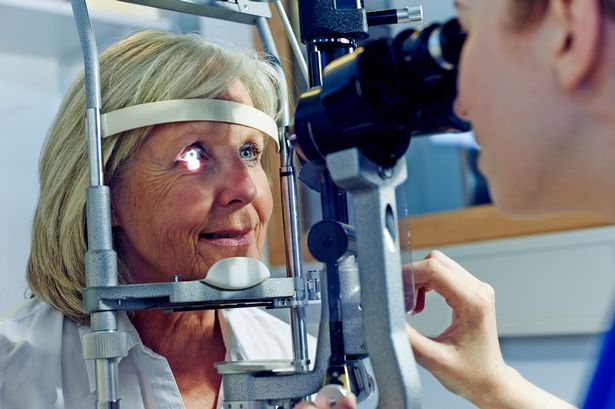A clinical psychologist has issued a caution regarding the use of two widely prescribed anti-anxiety medications, lorazepam and alprazolam, commonly known as Xanax. These medications, which belong to the benzodiazepine family, are frequently prescribed by general practitioners for individuals experiencing anxiety or sleep disturbances. While effective in providing immediate relief, there are growing concerns about the potential for dependency and the failure to address underlying issues related to anxiety.
The warning came from Fernando Azor, a psychologist who actively engages with audiences on social media platforms. In a recent video shared on TikTok, he emphasized that while these medications can help alleviate symptoms of anxiety, they do not tackle the root causes. According to Birmingham Live, Azor highlighted that physical symptoms of anxiety, such as rapid heartbeat and feelings of unease, often provoke unnecessary fear, leading to a reliance on medication.
Understanding Benzodiazepines and Their Effects
Benzodiazepines like lorazepam and alprazolam work by enhancing the effects of gamma-aminobutyric acid (GABA), a neurotransmitter that produces calming effects throughout the nervous system. While both drugs are effective in managing anxiety, alprazolam is also used for controlling seizures associated with epilepsy. Azor noted that many patients might find themselves seeking quick relief through these medications, particularly during anxiety attacks.
In his video, Azor stated: “If you have taken Lorazepam or Alprazolam to resolve an anxiety attack, you have to consider what is behind an anxiety crisis.” He believes that understanding these triggers is essential for effective management. He remarked, “These drugs have a very significant effect in reducing levels of alertness, worry, and distress.”
Azor pointed out that individuals often misconstrue physical responses to anxiety as dangerous, leading to an increased desire to avoid these sensations. He explained that while feelings of anxiety can be uncomfortable, they are a natural response to perceived threats.
Developing Coping Strategies
The psychologist underscored the necessity of developing coping strategies to manage anxiety, particularly during an anxiety attack. This perspective aligns with guidance from the NHS, which recommends that treatment for generalized anxiety disorder (GAD) may include talking therapies, such as cognitive behavioural therapy (CBT), in conjunction with medication.
Azor noted, “The problem with anxiety crises is that we often look for the drug, which takes little time to take effect.” While medication can provide immediate relief, he warned that it may foster a perception that all symptoms related to anxiety are inherently negative. He likened this to feeling hungry, which is a natural sensation that should not be avoided.
He elaborated, “When it comes to anxiety, the only thing we do is create more distress and further dependence on a drug without creating a strategy to cope with it.” Through psychotherapy, individuals can learn skills that help them manage anxiety symptoms without the immediate need for medication.
If you or someone you know is experiencing untreated anxiety symptoms, such as difficulty sleeping, emotional instability, or persistent worry lasting at least six months, it is advisable to consult a general practitioner. Comprehensive information regarding generalized anxiety disorder, including available treatments and support, can be found on health guidance websites.







